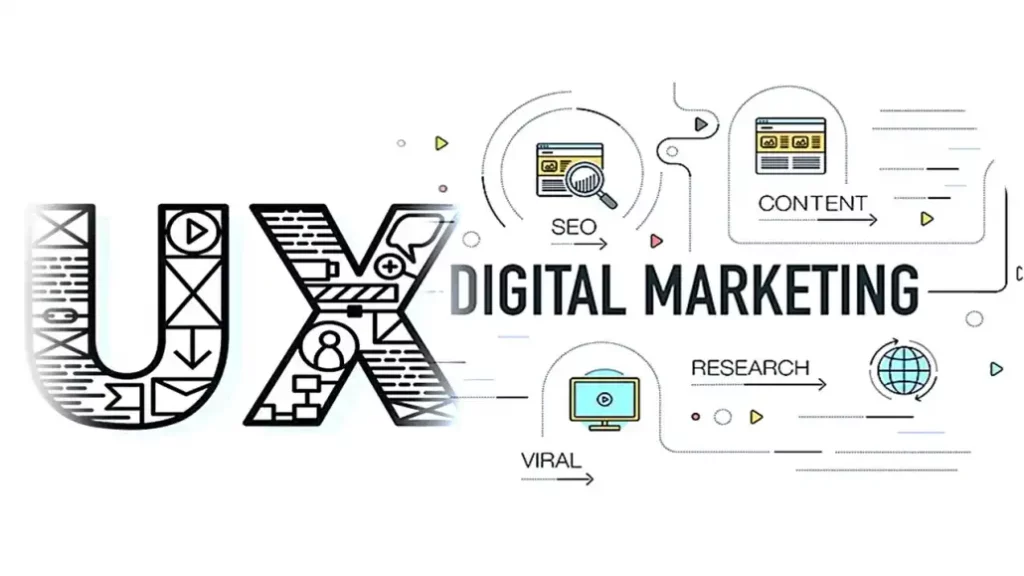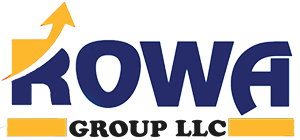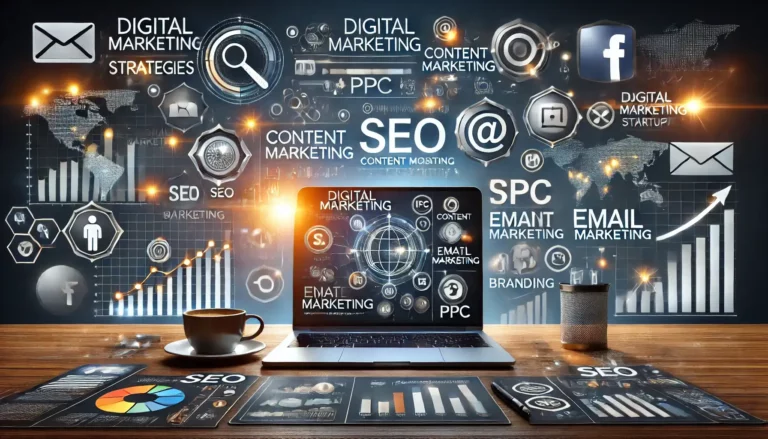UX Designer vs Digital Marketing: A Comprehensive Comparison
In today’s digital landscape, the roles of UX (User Experience) designers and digital marketers have become increasingly vital. Whether you’re a recent graduate, considering a career shift, or just curious, deciding between UX designer vs digital marketing can be tough. Both fields promise exciting work, great opportunities, and the chance to make a meaningful impact. So, which path is right for you? This guide breaks down everything you need to know, from daily responsibilities to required skills and career outlook, helping you make the best choice for your future.
Understanding UX Designer vs Digital Marketing
What is UX Design?
At its core, UX design is about creating enjoyable, accessible, and seamless user experiences across digital products. As a UX designer, your goal is to understand user needs and behaviors, using this insight to craft designs that enhance how users interact with websites or apps. Daily tasks can involve:
- Conducting user research and surveys
- Creating wireframes and prototypes
- Testing and refining designs based on feedback
Tools like Sketch, Figma, and Adobe XD are common in a UX designer’s toolkit, enabling you to bring design concepts to life.
What is Digital Marketing?
Digital marketing, on the other hand, focuses on promoting brands, products, or services through various online channels. A digital marketer’s goal is to attract and engage customers, ultimately driving conversions. This career involves strategizing across multiple platforms—social media, SEO, email marketing, and more. Some daily responsibilities include:
- Developing and executing marketing campaigns
- Analyzing traffic data and campaign performance
- Managing social media profiles and online ads
Digital marketers often use tools like Google Analytics, SEMrush, and HubSpot to optimize campaigns and track success. The role is dynamic, data-driven, and can be deeply creative.

Key Differences Between UX Design and Digital Marketing
Choosing between UX design and digital marketing largely depends on your personality, strengths, and interests. Let’s explore some of the fundamental differences:
1. Purpose and Goals
- UX Design: Primarily focused on the user’s experience. It’s all about creating a product that users find easy to navigate, visually appealing, and functional.
- Digital Marketing: Goal-oriented towards engagement and conversions. The focus is on reaching new audiences, increasing brand visibility, and driving sales.
2. Required Skills
- UX Designers rely on empathy, problem-solving, and creativity. Strong skills in visual design, research, and psychology are valuable.
- Digital Marketers need to be strategic thinkers with knowledge of content creation, SEO, and social media. Analytical skills are essential, as marketers often adjust their strategies based on data insights.
3. Workflow
- UX Design involves a more iterative and research-driven process. Every design decision is tested and refined based on user feedback, often with multiple rounds of revisions.
- Digital Marketing tends to be fast-paced and data-driven. Campaigns are launched, monitored, and optimized on a quick turnaround, requiring flexibility and responsiveness.
4. Tools and Technologies
- For UX Design: Figma, Sketch, and Adobe XD for design; tools like InVision and Maze for user testing.
- For Digital Marketing: Google Analytics, SEMrush, HubSpot, and social media management tools like Hootsuite.
Salary and Career Prospects
Both UX designer vs digital marketing offer promising career paths with growing demand across industries. However, salaries and career growth potential can vary based on location, industry, and skill level.
Average Salaries:
| Role | Average Salary (US) | Average Salary (UK) | Average Salary (Canada) |
|---|---|---|---|
| UX Designer | $85,000 | £40,000 | CA$70,000 |
| Digital Marketer | $65,000 | £35,000 | CA$55,000 |
The demand for UX Designers is particularly high in tech-centric areas, as companies focus on creating user-friendly digital products. Digital Marketing, meanwhile, offers versatility, as nearly every industry needs marketing experts to manage their online presence.
Job Outlook:
- UX Design: Expected to grow significantly, especially as more companies invest in improving their digital interfaces.
- Digital Marketing: Growth is steady, with an emphasis on professionals skilled in SEO, data analytics, and social media strategy.
Pros and Cons of Each Career
Pros of UX Design:
- Creative problem-solving and in-depth user research.
- High demand in tech-focused industries.
- Opportunity to work on long-term, impactful projects.
Cons of UX Design:
- Can require extensive knowledge of design tools and principles.
- Somewhat slower career progression in non-tech sectors.
Pros of Digital Marketing:
- Fast-paced, with diverse tasks across platforms.
- Opportunities in nearly all industries.
- Easier to break into without a design background.
Cons of Digital Marketing:
- Constantly adapting to new trends and algorithms.
- High pressure to meet engagement and conversion targets.
Deciding Between UX Design and Digital Marketing
The key to choosing the right career lies in understanding your strengths and personal interests.
- If you love designing, solving problems visually, and focusing on user experience, UX design may be the better fit.
- If you’re passionate about strategy, brand promotion, and achieving measurable results, digital marketing could be your calling.
How to Get Started
Whether you choose UX design or digital marketing, there are many ways to build your skills and stand out in the job market:
For UX Design:
- Courses and Certifications: Look into platforms like Coursera, Udacity, or LinkedIn Learning for UX-specific courses.
- Hands-On Practice: Experiment with design tools and build a portfolio with sample projects.
For Digital Marketing:
- Certifications: Google’s Digital Garage, HubSpot Academy, and Facebook Blueprint offer valuable certifications.
- Practice: Manage social media pages or create a personal blog to practice content marketing and SEO skills.
Frequently Asked Questions (FAQ)
What’s the main difference between UX Designer vs Digital Marketing?
UX design focuses on creating user-friendly digital experiences, while digital marketing promotes products and services online to drive engagement and sales.
Is UX design more technical than digital marketing?
Generally, UX design can be more technical due to its reliance on design software and testing tools, but digital marketing requires its own technical skills in analytics and SEO.
Can you work in both UX Designer vs Digital Marketing?
Yes, many skills overlap. UX designers often collaborate with digital marketers, especially in areas like user behavior analysis and website optimization.
Which career has a better future: UX Designer vs Digital Marketing?
Both fields have strong growth, though UX design is especially in demand within tech sectors, while digital marketing offers broader industry opportunities.
Conclusion
When it comes to choosing between UX design and digital marketing, there’s no one-size-fits-all answer. Each path offers unique challenges and rewards, and the best choice will depend on your personal interests and goals. Consider what motivates you most—whether it’s enhancing user experiences or driving brand engagement.
Ready to take the next step? Explore beginner courses in both fields to see what resonates with you. Whether you lean towards UX design or digital marketing, now is the perfect time to build skills and enter a fulfilling, high-demand career path.



